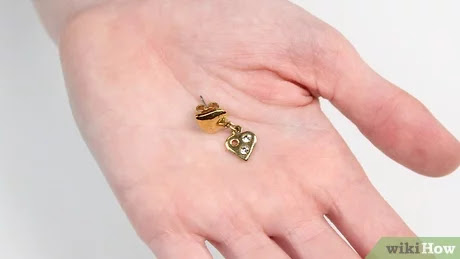On South 10th Avenue and Marquette Street South in downtown Minneapolis stands the old Schmitt Music building, and on its back is a giant black-on-white sheet-music mural — specifically, the busy notation of a section from Ravel’s
Gaspard de la Nuit. Around the time of his 1978 debut album, For You , Prince posed in front of the mural for photographer Robert Whitman, his expression matter-of-fact, his perfectly rounded Afro a sunrise over the musical horizon. Even over a 40-year career framed better than most by iconic images, it’s difficult to think of a more purely apt Prince photograph: a young man teeming with music.
Prince Rogers Nelson was, along with Michael Jackson and Madonna, one of the top-tier pop stars of the video age, and his combination of critical and popular success, big hits and relentless creativity, made him, without question, the 1980s’ premier musical auteur. Reviewing 1986’s Parade for
Rolling Stone , Davitt Sigerson began, “Who but Prince fills us today with the kind of anticipation we once reserved for new work by Bob Dylan, the Beatles, and the Rolling Stones?” The same year, Prince wrote a letter to Miles Davis that read, in part, “You gotta hang out with me and Sheila E. ’cause a lot of people have to find out who you are.” The letter was signed “God.” Nobody moved to dispute it.
Prince had been a prodigy from an early age. His father, pianist and composer John L. Nelson, played with a jazz combo called the Prince Rogers Trio (the father’s stage name provided the son’s legal one); his mother, Mattie, was a singer. His parents divorced before Prince was 10. He ping-ponged between them before moving in with Bernadette Anderson, the mother of his best friend André Cymone (né André Simon Anderson). Prince’s volcanic drive manifested early: He taught himself more than two dozen instruments before he finished high school, and took classes on the business of music to ready himself for the paperwork to come.
The scene around Prince in those early years was fertile: His high school classmates, bandmates, and rivals included future Time members Jimmy “Jam” Harris, Terry Lewis, Morris Day, and Garry “Jellybean” Johnson, as well as singers Alexander O’Neal and Cynthia Johnson (the voice of Lipps Inc.’s “Funkytown”), plus bassists Cymone and Sonny Thompson, both of whom later logged time in Prince’s band (André during the early ‘80s, Thompson in the early ‘90s). Notably, everyone in this scene was as turned on to white rock bands as black funk acts, due in part to their open tastes and in part to Minneapolis’s demographics. The 1980 census put the Twin Cities’ black population at just 2.8 percent; until the debut of B96 decades later in 2000, the area’s only urban-formatted radio station was the low-power KMOJ-FM, whose 5,000-watt signal could barely be heard outside its North Minneapolis neighborhood. “To an extent, the music we’re making today is the result of white rock-and-roll radio and black music station static,” Terry Lewis told Martin Keller in 1984. “None of our radio stations would come in as good as the mainstream stations. You could hear the beat and the rest was noise.”
How to Clean Jewellery Using Boiling Water.
Unlike silver, gold doesn't develop a dull tarnished finish over time. However, gold can still easily accumulate dirt and grime with normal use. Read this wikiHow to learn how to restore the shine to your precious rings, bracelets, necklaces, and other gold jewelry. How to Use Boiling Water Know when boiling is appropriate. Gold itself can be boiled with no problems. However, boiling delicate gemstones (like opals, pearls, coral, and moonstones) can cause them to crack or become damaged - especially if the jewelry is cold before boiling. Boiling is also a bad idea for jewelry with glued-in gemstones, as it can loosen the glue. However, if you're looking to clean heavily soiled jewelry made entirely out of gold or gold jewelry that contains "strong" gemstones (like diamonds), boiling is a great choice. Bring water to a boil. You don't need to boil much water - just enough to submerge all of the jewelry in. As you're waiting for the water to boil, set your gol...



Comments